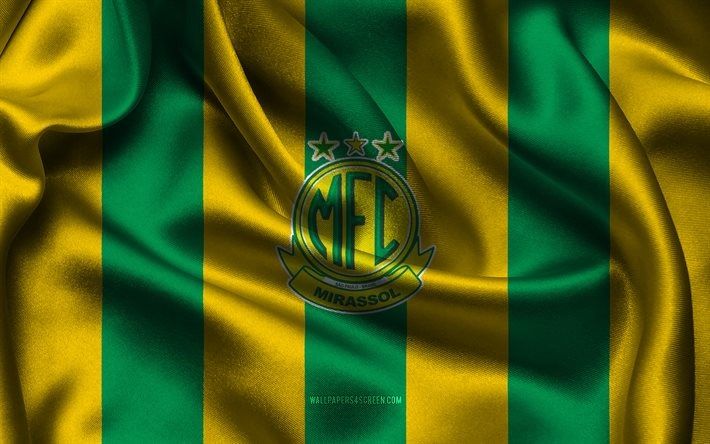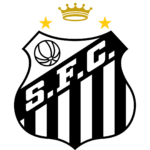Mirassol FC’s tactical philosophy has undergone a significant transformation over the years, adapting to both the strengths of its players and the demands of the modern game. The club’s approach has shifted from a more traditional style of play to a complex and dynamic system that emphasizes technical skill, teamwork, and flexibility on the pitch.
In this section, we will analyze the evolution of Mirassol FC’s tactical mindset, highlighting the key changes, the effectiveness of current strategies, and how these factors contribute to the club’s success.
Historical Tactical Mirassol FC
Understanding the historical tactical frameworks employed by Mirassol FC provides essential context for assessing its current strategies. The club initially favored a conservative approach founded on solid defense and strategic counterattacks Socolive.
During the early stages of its evolution, the team relied heavily on physicality and endurance, often competing against more technically advanced opponents. Coaches emphasized a disciplined organizational structure, with players instructed to maintain their positions and focus on defensive responsibilities.
Over time, as the demand for a more fluid style increased, the club’s tactics began to evolve. A stronger emphasis on ball possession and coordinated attacking moves gradually surfaced, reflecting the trends within Brazilian football that favored creativity and flair over strictly regimented formations.
Current Tactical Identity
Today, Mirassol FC has established a distinct tactical identity characterized by a possession-based game complemented by incisive counterattacking plays. The fusion of these elements allows the team to control matches while remaining a constant threat on the break.
Under the guidance of experienced coaching staff, the players have adapted to a high-pressing system that seeks to recover possession quickly. This style demands a high degree of fitness, intelligent movement, and proactive decision-making from the players.
The team’s formation often shifts between 4-3-3 and 3-5-2, providing flexibility to adjust to specific match scenarios and opponents. The implementation of positional rotations ensures that players remain versatile, often switching roles to exploit defensive weaknesses.
Innovations and Adaptations
Mirassol FC demonstrates an ability to innovate and adapt to evolving football trends. The coaching staff incorporates technology and analytics into training and match preparation, allowing for detailed player analyses and game simulations.
The integration of video analysis into their training routines empowers players to learn from their performances actively. This technocratic approach not only sharpens individual skills but also enhances team cohesion, as players are better equipped to comprehend their tactical roles during matches.
Moreover, the competitive environment nurtured within the squad promotes healthy rivalries and an intrinsic desire for improvement. The emphasis on adaptability allows the club to modify its game plan mid-match, a crucial factor contributing to the team’s successes in high-pressure situations.


